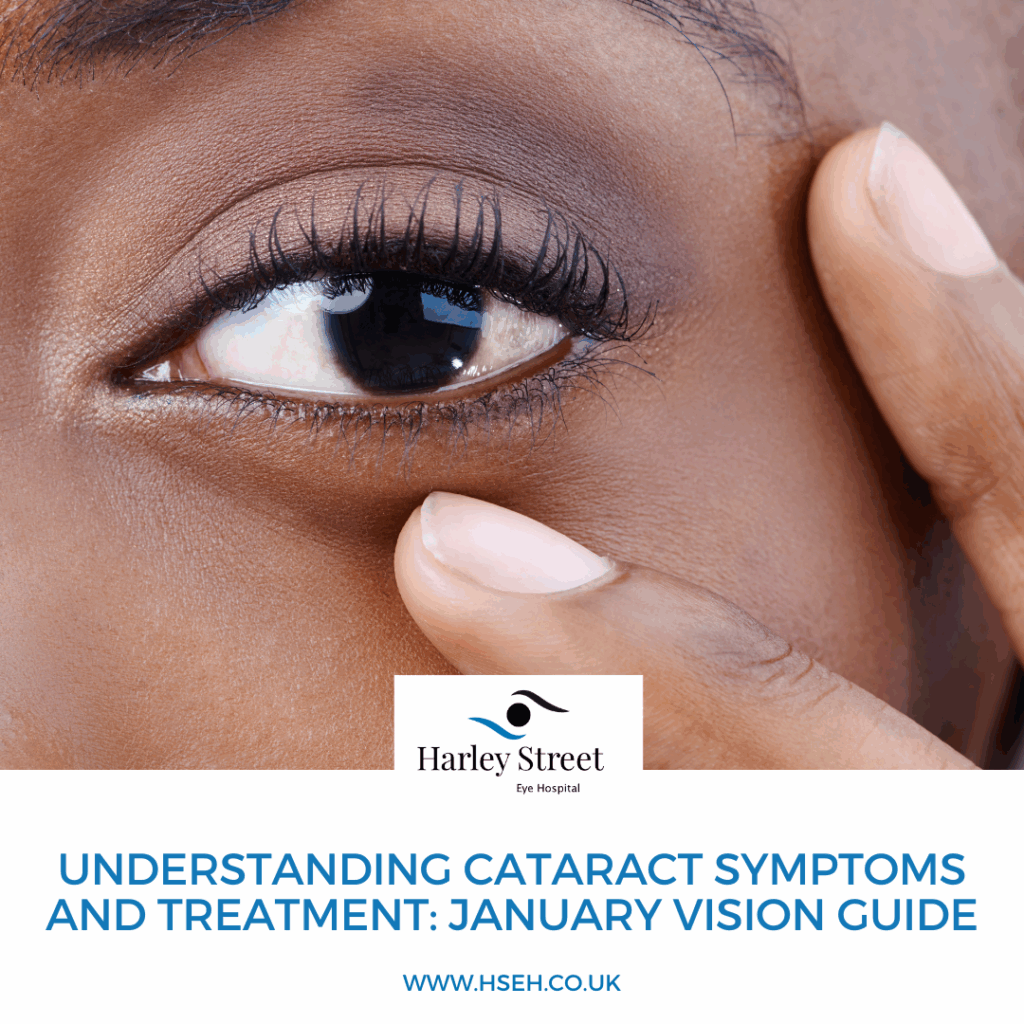Glaucoma, often called the “silent thief of sight,” is one of the leading causes of irreversible blindness globally. The condition typically develops slowly and without symptoms, making it difficult to detect in its early stages. While it cannot be entirely prevented, there are effective ways to reduce the risk of vision loss through early detection and proper management.
Renowned glaucoma specialist, Mr Vik Sharma, shares expert advice on how to safeguard your vision and minimise this conditions risks.
What is glaucoma?
Glaucoma is a group of eye disorders that damage the optic nerve, which is crucial for transmitting visual signals from the eye to the brain. Elevated intraocular pressure (IOP) is a major contributor to optic nerve damage, though this condition can also occur with normal eye pressure.
The most common form, primary open-angle glaucoma, progresses slowly and without obvious symptoms, while angle-closure glaucoma can occur suddenly and requires emergency care. Because glaucoma-related damage is permanent, prevention strategies focus on early detection and timely treatment.
Can glaucoma be prevented?
Although this condition cannot be fully prevented, you can take steps to lower your risk and protect your vision. Here are some of the top prevention tips recommended by Mr Vik Sharma:
Get regular eye exams
Routine comprehensive eye exams are the most effective way to detect this condition early, even before symptoms occur.
- How often? Adults over 40, particularly those at higher risk, should have an eye exam every 1-2 years. Those over 60 should undergo annual screenings.
- What’s included? Key tests for this condition include measuring intraocular pressure, evaluating the optic nerve, and testing your visual field for any blind spots.
Understand your risk factors
Being aware of your personal risk factors can help you stay proactive. You may be at a higher risk for this condition if:
- You have a family history of glaucoma.
- You are over 60 years old.
- You are of African, Asian, or Hispanic descent.
- You have medical conditions like diabetes, high blood pressure, or near-sightedness.
Discuss your risk factors with your ophthalmologist so they can tailor your care plan accordingly.
Adopt a healthy lifestyle
Your overall health can impact your eye health. Mr Vik Sharma suggests:
- Exercising Regularly: Moderate physical activity can help lower eye pressure and improve circulation.
- Eating for Eye Health: Include foods rich in antioxidants, leafy greens, and omega-3 fatty acids in your diet.
- Avoiding Smoking: Smoking increases oxidative stress, which can harm the optic nerve.
Protect your eyes
Eye injuries can increase the risk of developing secondary glaucoma. Always wear protective eyewear when participating in high-risk activities, such as sports or DIY home projects.
Follow treatment plans
If you have been diagnosed with glaucoma or high intraocular pressure, it’s crucial to follow your treatment regimen. Using prescribed eye drops or medications consistently can slow disease progression and preserve your vision.
Why early detection matters
Early detection is the key to preventing vision loss from glaucoma. Mr Vik Sharma emphasises the importance of routine eye care: “Glaucoma is a silent disease. By the time symptoms appear, significant damage has often already occurred. Early diagnosis and treatment are essential to protect your sight.”
When caught early, glaucoma can be managed effectively with medications, laser therapy, or surgical interventions. Regular follow-ups with your ophthalmologist ensure the condition remains under control.
While glaucoma cannot be entirely prevented, you can take proactive steps to reduce your risk and safeguard your vision. Regular eye exams, a healthy lifestyle, and adherence to prescribed treatments are critical components of effective prevention.
As Mr. Vik Sharma advises, “Your vision is priceless. Don’t wait for symptoms to take action. Prevention and early detection are the best tools we have to fight glaucoma and preserve sight.”
Prioritise your eye health today, book your eye exam and stay informed about glaucoma prevention strategies. Protecting your vision now can make all the difference in the future.





0 Comments